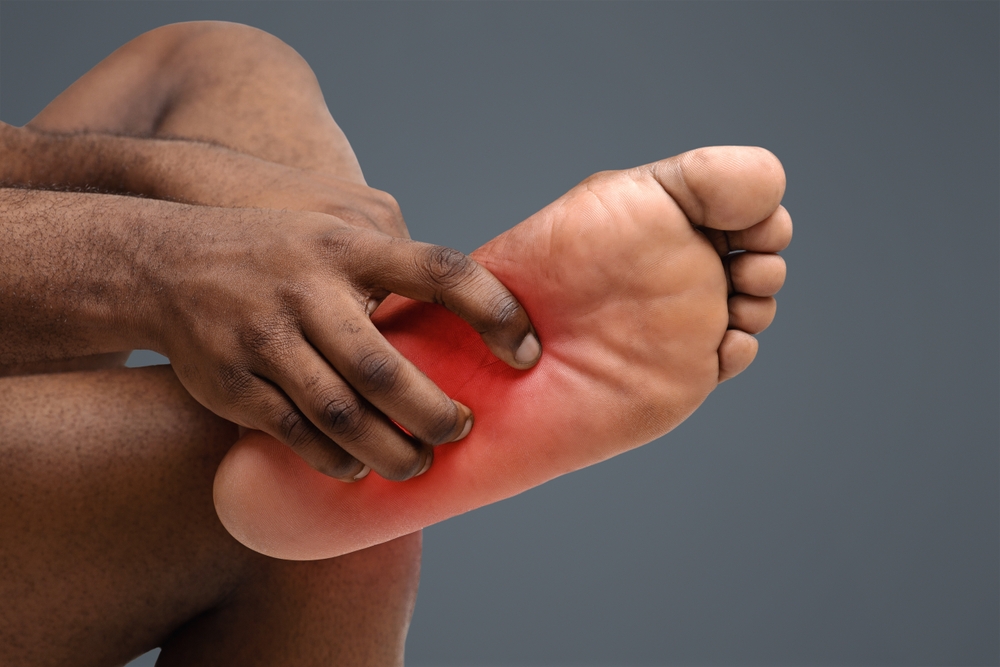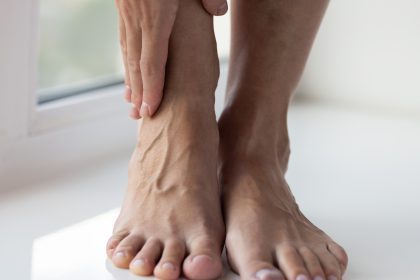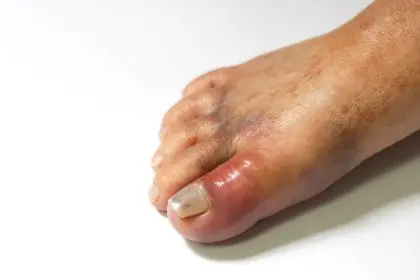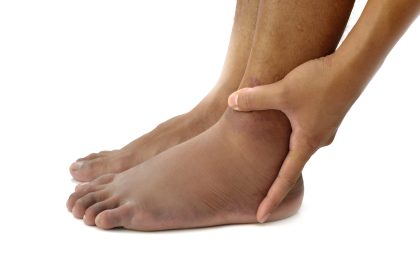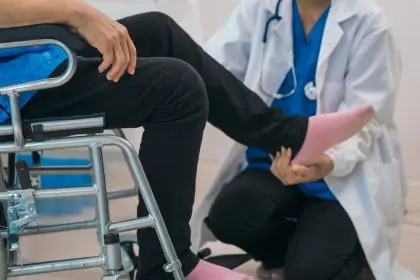Swelling in the feet can often be overlooked as just a sign of a long day on your feet, but persistent or unexplained swelling can indicate more serious health concerns. Understanding these potential health issues is crucial for taking timely action and maintaining overall well-being.
Heart failure and cardiovascular problems
When your heart struggles to pump blood effectively, it can lead to a condition known as congestive heart failure. Heart failure affects how your heart pumps blood and oxygen throughout your body, leading to fluid buildup, often showing up as swelling in the lower extremities. If you notice persistent swelling in your feet that seems to worsen as the day goes on, this could be an indication that your heart is under stress.
The swelling often occurs in both feet and may be accompanied by other symptoms such as fatigue, shortness of breath or difficulty breathing while lying down. This is due to the heart’s inability to effectively circulate blood, causing it to pool in your legs and feet. When your body signals issues with swelling, it’s critical to seek medical guidance, especially if accompanied by other symptoms.
Kidney disease and poor kidney function
Kidneys play an essential role in regulating fluid balance and removing waste from the blood. When they are not functioning properly, the body struggles to filter out excess fluid, which can accumulate and manifest as swelling in the feet, ankles and even legs. Those with kidney issues might experience swelling that is particularly pronounced in the morning.
The kidneys help in balancing sodium and fluid in the body. When they fail to do so efficiently due to conditions such as chronic kidney disease or nephrotic syndrome, sodium and fluids are retained, leading to swelling or puffiness in the feet.
In addition to swelling, symptoms of kidney disease might include unexplained fatigue, changes in urination patterns or even high blood pressure. If you notice any of these along with swelling, it’s crucial to seek medical evaluation promptly.
Liver disease and cirrhosis
The liver plays a vital role in producing proteins necessary for blood clotting and managing the fluid balance in your body. When the liver is damaged, especially in advanced conditions like cirrhosis, there can be an imbalance of proteins and hormones, leading to fluid retention. This fluid often accumulates in the abdomen, known as ascites, but can also settle in the feet and ankles.
People with liver disease may notice that their feet and legs swell more toward the end of the day. They may also experience symptoms such as jaundice (a yellowing of the skin or eyes), fatigue and nausea. Since swelling in the feet could indicate liver damage, particularly cirrhosis, recognizing this sign is a key step toward seeking care.
Venous insufficiency and blood clotting disorders
If you experience swelling primarily in one foot, it may be a sign of venous insufficiency or a blood clot. Venous insufficiency occurs when the veins in your legs are unable to properly circulate blood back to your heart, leading to fluid buildup in the lower limbs. This condition can cause discomfort, throbbing and a feeling of heaviness in the affected foot.
A potentially life-threatening condition called deep vein thrombosis (DVT) can also cause one-sided swelling. DVT is a blood clot that forms in a deep vein, typically in the leg, and can lead to swelling and tenderness in the affected area. If you suspect DVT, it is crucial to seek immediate medical attention, as it can lead to a pulmonary embolism — a life-threatening blockage in the lungs.
Compression stockings, regular exercise and elevating your feet can help manage venous insufficiency. But if swelling is accompanied by redness, warmth or pain, particularly on one side, it should be evaluated for DVT immediately.
Lymphatic system disorders (lymphedema)
Lymphedema is a condition where your lymphatic system is compromised, leading to blockages that prevent lymph fluid from draining effectively. This fluid then builds up, causing swelling in the feet, legs or arms. Unlike other causes of edema, lymphedema typically causes a heavy, uncomfortable sensation, and the skin may feel tight or thicker in the swollen areas.
Primary lymphedema can be a hereditary condition, while secondary lymphedema may develop as a result of infection, injury or even cancer treatments like radiation or lymph node removal. If left untreated, lymphedema can worsen over time, becoming painful and limiting mobility.
Early detection is key to managing lymphedema. Regular exercise, wearing compression garments and specialized massages called lymphatic drainage can help alleviate symptoms and improve quality of life.
Feet swelling should never be taken lightly, especially when it persists, is painful or is accompanied by other symptoms like fatigue, breathlessness or changes in skin color. It is your body’s way of communicating potential underlying health issues that need attention. From heart failure to kidney disease, liver issues, venous insufficiency and lymphedema, various serious conditions may manifest through swelling in the feet. Recognizing these signs early on can be pivotal in preventing more serious complications and ensuring timely medical intervention.
This story was created using AI technology.

